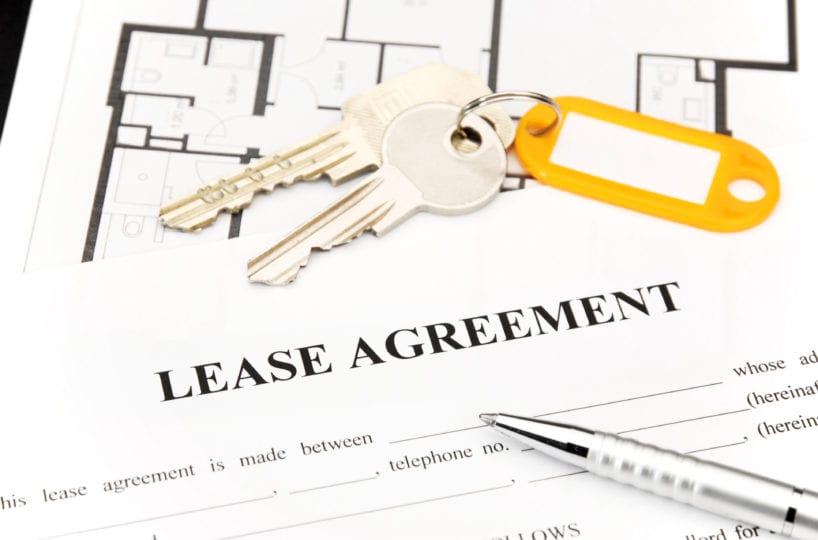
The world of commercial real estate can be lucrative and exciting. Here are eight terms everyone in the commercial real estate world should know, especially those just starting out their career.
Base Rent
Base rent is the portion of rent set as the minimum amount due according to the terms of a lease. This number is calculated prior to any additional rent agreed upon by several other factors, such as operating expenses or percentages of revenue.
NNN (Triple Net) Lease
A common type of lease in which landlords assume no costs other than those to the building, typically for structural repair. Renters are responsible for base rent, property taxes, building insurance, utilities, operating and maintenance costs. There are variations on net leases of single and double in addition to the triple net lease.
Monthly payments under this type of lease include only rent while common area maintenance fees, utilities and other fees are expected to be paid separately.
Full Service Gross (Modified Gross) Lease
This type of lease sets a monthly payment which includes everything such as utilities, repairs, taxes, property management expenses in addition to the rent. Some services may not be included in these types of leases and must be added a la carte.
Usable Square Footage
This is the amount of square footage inside of an office or building that a company will physically occupy.
Rentable Square Footage
This square footage number is the amount of usable square footage plus any space shared with other tenants. Shared spaces include bathrooms in hallways, elevators, and lobby or reception areas. Rental rates are often based on this square footage number instead of the usable square footage.
Request for Proposal
Often referred to with acronym RFP, a request for proposal document lays out a tenant’s specific wants and needs to be review by a broker. It outlines general needs that landlords and property managers can use to begin negotiations.
Common Area Maintenance
Shortened to CAM, common area maintenance is a term referring to operating expenses tenants are expected to be responsible for. Also called incidental expenses, these cover fees such as landscaping, property management, janitorial services and more.
Tenant Improvement Allowance
Also called TI, these are incentives offered by landlords to encourage potential tenants to lease a space. They can range from offers such as free rent for a period of time to an alteration to the space such as adding or removing walls.
